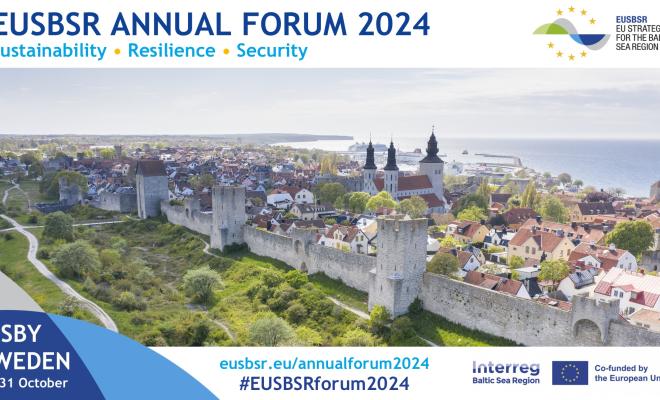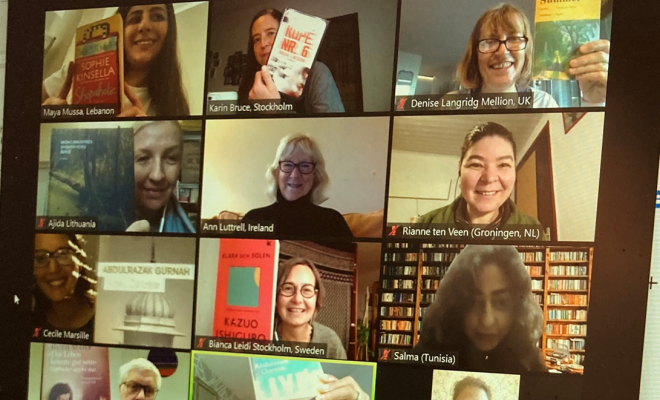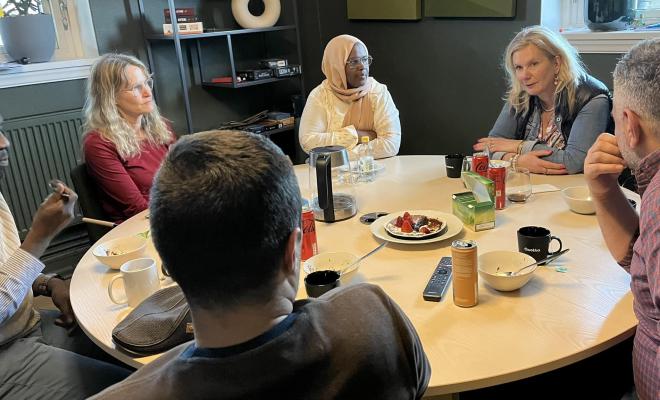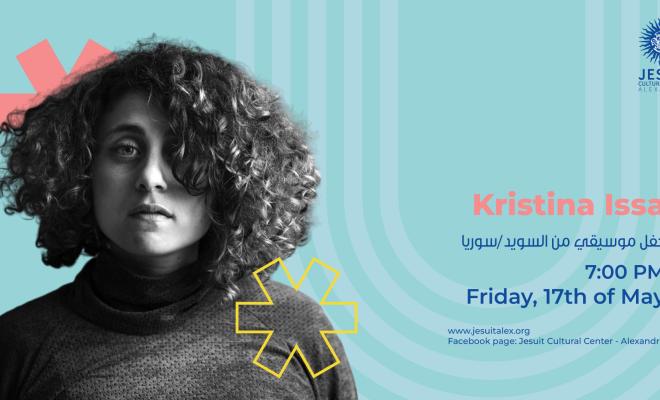How can we make evaluation of cultural programmes more inclusive, creative, and relevant?
EVALUATION can be considered an active and interesting way to explore learning emerging from projects and programmes, enabling them to iterate and improve. It can also be considered as accountability, auditing, assessment and directed by (sometimes inaccurate) perceptions of funders’ needs. How it is perceived relates to how it is designed, and this is not always, or often, a critical process.
This workshop will explore how power structures related to evaluation, as well as the methods used to conduct evaluation, enable new forms of knowledge to come forward or be held back. We propose that more theory-based and creative forms of evaluation can be developed, without affecting ‘rigour’ or ‘validity’ (and considering what these terms mean in different project contexts).
We propose a greater connection between theory, practice and research in evaluation design to better understand and represent impact, particularly in the context of cultural programmes seeking to involve and positively influence humans and their behaviour and opportunities.
This workshop will explore key themes, including:
- Politics of evaluation
- Humanising the evluation process
- Innovative methods for evaluation
Participants will engage in practical work enabling deeper understanding of:
- Knowledge of diverse evaluation practice
- Applied creative methods for critical thinking
- Responsibilities and action plans for the future (individual and collective)
Workshop content?
The workshop will be delivered across two sessions:
- DAY 1 will bring us together to explore the current landscape of evaluation and identify the concerns with evaluating cultural programmes in a global context. Why is evaluation in culture so unrepresentative of process? How does this relate to ‘product’? Quality? Outcomes and impact? Together we will explore these questions, and share examples of projects, best practice and alternative methods of working.
- DAY 2 - we invite participants to bring along examples of their practical experiences of evaluation. Through the Tialt tool ‘Experience Mapping’, in small groups, we will explore conceptual and practical barriers to conducting more interesting and relevant evaluation and identify collective needs, key connections, proposed actions and how to take this forward.
When: Wednesday 16 February and Monday 21 February at 13 - 15.30 CET (14 - 16.30 Athens/Cairo time)
Where: Online (via Zoom)
Language: English
Sign up: registration is open until 7 February. Participation is free of charge. Priority is given to members of the Anna Lindh Foundation, MitOst and Trans Europa Halles networks. This workshop is for cultural professional and artist.
Workshop Trainers
The session will be led by members of the organisation, Tialt, a collective of researchers, artists and producers who develop inclusive, creative and collaborative research tools to explore and celebrate the human condition.
Claire Sivier – Tialt co-director
Claire is an experienced producer, cultural programmer, and arts-based researcher working mainly with those from marginalised communities. She has been a guest speaker in diversity & inclusive practice & policy, and has recently developed a walking art methodology which explores the lived experiences of black female diasporic artists in Porto.
Douglas Lonie - Tialt co-director
Douglas is a social psychologist with over 15 years’ experience exploring the social impacts of arts engagement conducting research and evaluation for UNESCO, British Council, Goethe Institut, Creative Scotland, Bloomberg Philanthropies and many others. He has published several papers on the links between creative identity and broader psycho-social development. He has written and taught extensively on inclusive research practice and regularly works with cultural organisations to design innovative and creative impact frameworks and methodologies.
Fernanda Zotovici – Tialt artist and researcher
Fernanda is an artist, architect, designer and visual researcher specialising in arts-based research practice and participatory methodologies. She works across multiple artforms and across the tialt portfolio communicating concepts and ideas in non-text-based formats.
+++++++++++++++++
This workshop is an initiative of the National Museums of World Culture in collaboration with Trans Europe Halles International Resource Office in Lund, MitOst, Horizontal School and Tialt.
With the support of the Swedish Ministry of Foreign Affairs



